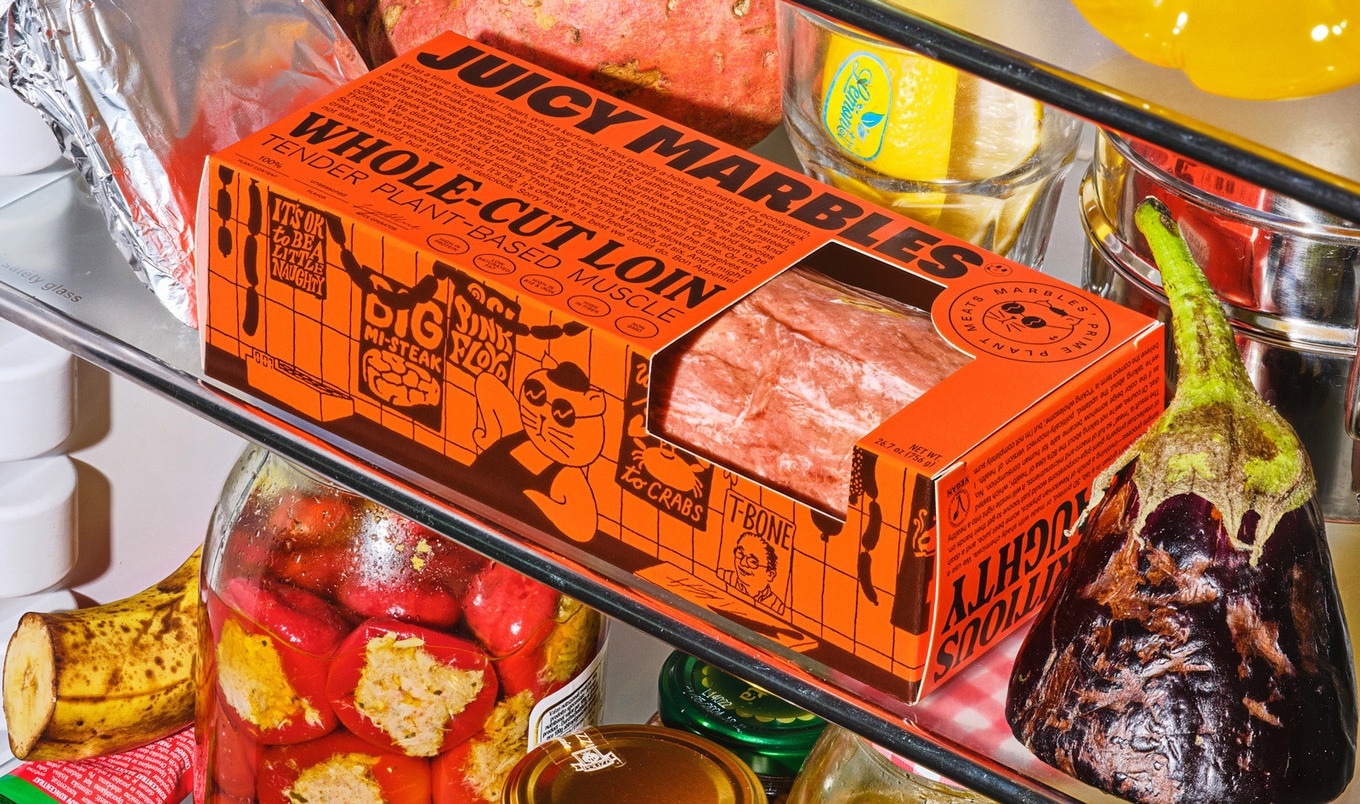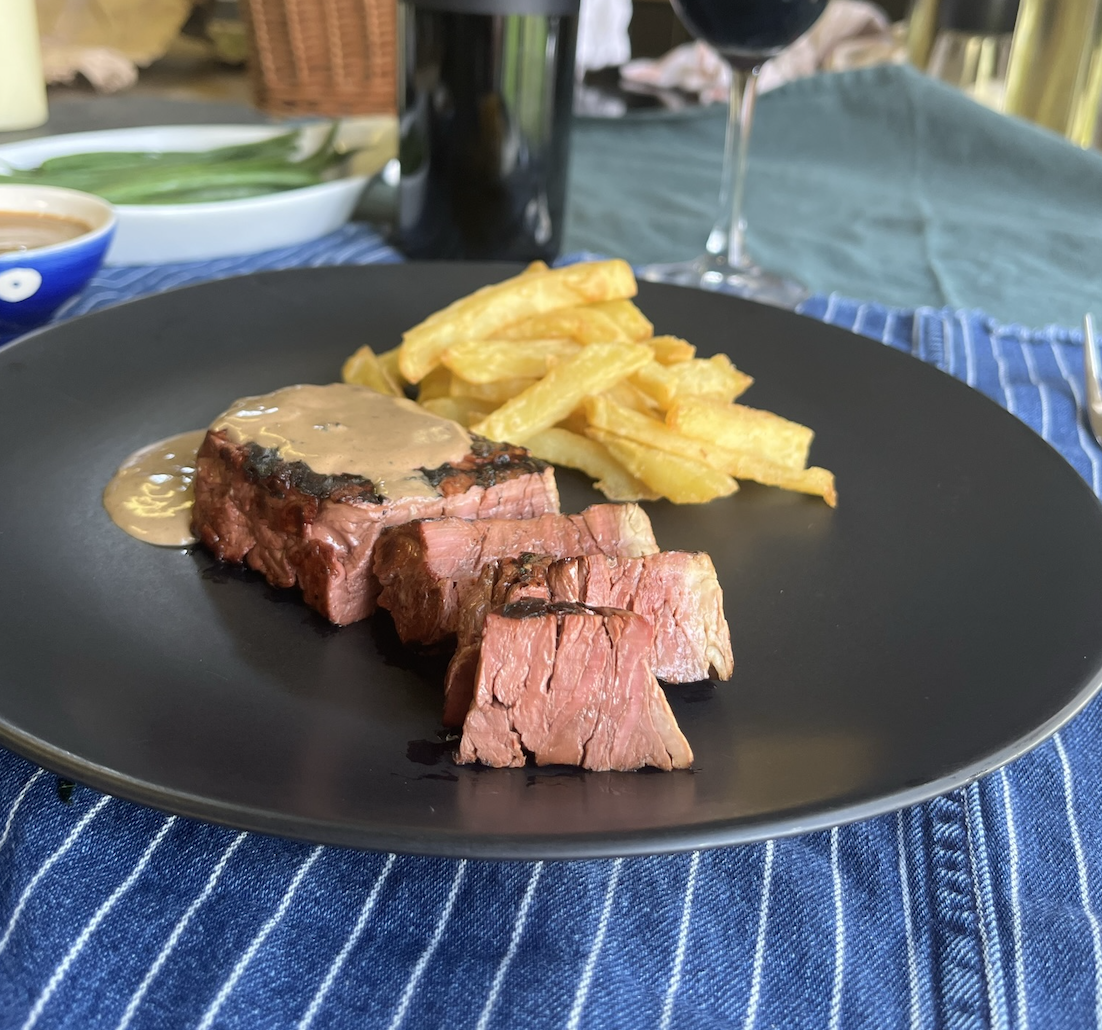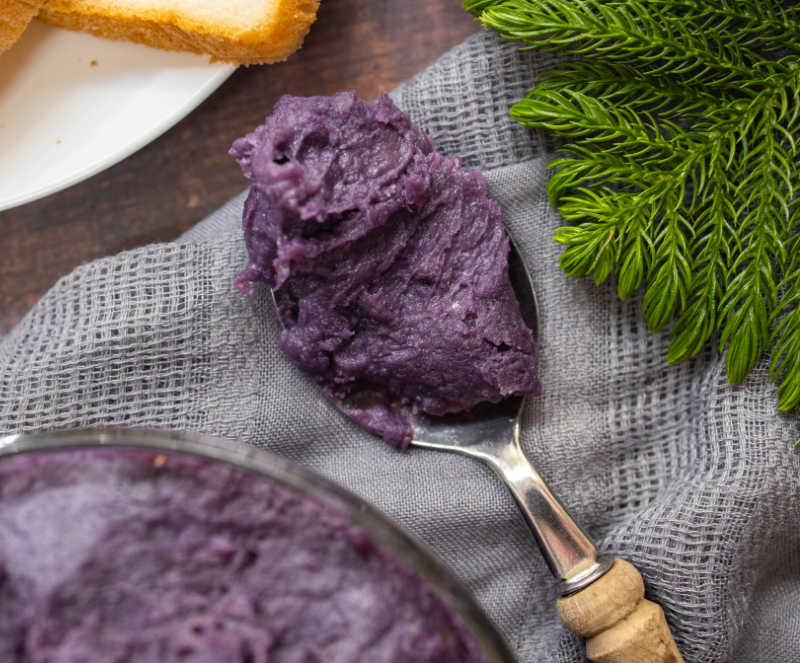When it comes to a savory, deeply satisfying, umami-rich, and full-bodied meaty taste, steak is hard to beat. In 2023, one report found that 70 percent of Americans consider steak their favorite food, with around 64 percent choosing it as their last meal. While the juicy meat is beloved for its sizzle, aesthetic appeal, and mouthfeel, research suggests its health impact may be concerning.
Steak is a form of red meat, which, according to the World Health Organization, is a Group 2A carcinogen. This means that there is enough research to suggest that it is probably carcinogenic to humans. According to Cancer Research UK, around 21 percent of bowel cancers in the UK are likely caused by eating red or processed meat.
If you love the taste of steak but don’t want to consume red meat, there is another option. UK-based food-technology startup Adamo Foods has just raised $2.5 million to bring its juicy, full-bodied, umami-rich, mushroom-based steak to market.
Adamo Foods
Table of Contents
Does mushroom steak taste like steak?
Adamo Foods’ steak is made from mycelium, the root-like structure of fungus. When these fibers are densely packed, they can mimic the texture of real whole-cut meats, like steak.
Using its own proprietary process, Adamo Foods grows fungi in fermentation tanks to produce mycelium. The mycelium is mixed with just four other natural ingredients and then cut to create a steak that looks and tastes just like one derived from a cow.
“Adamo Foods represents the future of alternative protein companies,” said Milo Runkle, co-founder of Joyful Ventures, the investment firm that co-led Adamo Foods’ recent funding round. According to the brand, the new funding will not only help it scale its steak production but also allow it to invest in the development of new products, like plant-based chicken breast.
“We are excited to support the team in scaling their sustainable and healthy protein alternatives,” added Runkle.
Jennifer Stojkovic, an executive leader in food technology and investment, policy, and advocacy and fellow co-founder of Joyful Ventures, agrees that mycelium has major potential in the food industry. “With less than 10 percent of the entire fungi kingdom mapped, we have barely scratched the surface of this category of innovation, which boasts some of the healthiest and sustainable forms of meat alternatives,” she told VegNews.
 Juicy Marbles
Juicy Marbles
Moving away from ultra-processed plant-based meat
Adamo Foods is not alone in producing satiating whole-cuts made from plants.
Delaware-based brand Juicy Marbles, for example, already has plant-based whole cuts, including Thick-Cut Filets and Baby Ribs, on the market. California brand Beyond Meat, well-known for its Beyond Burgers, has created Beyond Steak.
But Adamo Foods has more in common with Umiami, a French startup that has raised $107 million in three years to develop high-quality plant-based meats, including whole-cut vegan chicken filets. Both brands want to move away from a reliance on ultra-processed foods in the plant-based meat market.
Another example of a brand moving away from ultra-processed foods is New York-based MyForest Foods, which has created a pork-free bacon, also using mycelium.
“It’s amazing what mushrooms can do—and this is just the beginning.” —MyForest Foods’ investors
According to Adamo Foods, more than 80 percent of consumers are concerned about ultra-processed foods, some of which have been associated with an increased risk of disease.
In 2023 for example, one study from the University of Bristol in the UK and the International Agency for Research on Cancer suggested that those who consume more ultra-processed foods, like potato chips, candy, breakfast cereals, chicken nuggets, hot dogs, and fizzy drinks, have an elevated risk of head, neck, and esophageal cancers.
There is no universally accepted definition of ultra-processed foods right now, but they often include more than five ingredients, many of which are additives and colorings. Many plant-based meat products fall under the category of ultra-processed foods.
“In the past few years, many consumers have shifted their view of plant-based meats,” says Stojkovic. “Processing and ingredients have become a hot-button issue—whether deserved or not—and must be addressed by companies in the market.”
It’s important to note that this isn’t a black-and-white issue. Research has also suggested that swapping animal meat for plant-based meat can lower the risk of chronic diseases, including heart disease (the leading cause of death in the US).
“There are a multitude of healthy ways for consumers to reach their protein needs without the use of (often ultra-processed) animal products,” continued Stojkovic. “Through investment in innovation, we can create and scale the types of products needed to solve these market issues.”
 Adamo Foods
Adamo Foods
If you’re watching your ultra-processed food intake, Adamo Foods’ mushroom-based steak uses less than five ingredients, and it avoids binders like methylcellulose, an artificial thickener and emulsifier often used in processed foods to help them retain their shape.
Adamo Foods’ steak is not on the market yet, but Pierre Dupuis, the brand’s founder, has labeled the new funding round a “pivotal moment for Adamo.”
“We’re thrilled to have such experienced investors with deep food-tech expertise on board. This funding will allow us to scale our production to pilot-scale and bring our clean-label products closer to consumers,” added Dupuis.







